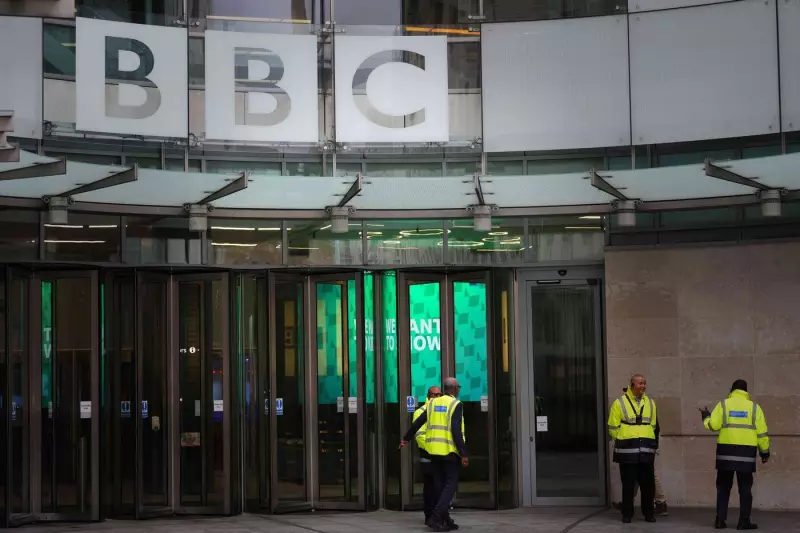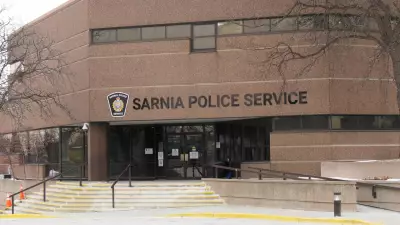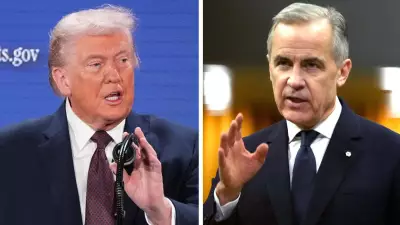
U.K. Government Becomes Unwilling Participant in Trump-BBC Dispute
The British government has found itself unexpectedly drawn into an escalating conflict between former U.S. President Donald Trump and the British Broadcasting Corporation. This diplomatic entanglement emerges at a sensitive time for international relations, with security measures visibly heightened around BBC Broadcasting House in London as captured in recent photographs from November 11, 2025.
The situation developed rapidly throughout Tuesday, creating complications for U.K. officials who now must navigate the delicate balance between maintaining their relationship with American political figures and supporting their nation's public broadcaster. The exact nature of the dispute remains unfolding, but sources indicate it involves contentious exchanges that have drawn in government representatives.
Security Concerns and Diplomatic Implications
Photographic evidence from Tuesday shows increased security presence outside the BBC's London headquarters, suggesting the seriousness with which authorities are treating the situation. The images reveal security guards positioned at key entry points to the broadcasting facility, indicating potential concerns about the dispute's physical manifestations.
This development occurs against a backdrop of numerous domestic Canadian stories, including Remembrance Day ceremonies across multiple provinces and various weather-related advisories. However, the international dimension of the Trump-BBC feud has captured significant attention due to its potential implications for transatlantic relationships.
Broader Context and Potential Consequences
The entanglement of a sovereign government in what began as a media-personality conflict raises questions about the boundaries between political leadership and media relations. Government representatives now face the challenging task of mediating between competing interests while preserving diplomatic decorum.
Observers note that such disputes can have lasting effects on international cooperation and media freedom. The outcome of this situation may set precedents for how governments interact with foreign media organizations and political figures during periods of heightened tension.
As the story continues to develop, all parties involved are carefully monitoring the situation for potential escalation or resolution. The British government's handling of this delicate matter will likely be scrutinized by international observers and diplomatic corps worldwide.





